Fiber is a type of complex carbohydrate found in plant-based foods that is not digested by the body but offers numerous health benefits, including aiding digestion, regulating blood sugar, and supporting heart health. Millets, which are a group of small-seeded grains, also contain dietary fiber. Including millets in your diet can contribute to your daily fiber intake and offer the associated digestive and health benefits. The specific fiber content in millets can vary depending on the type of millet, such as pearl millet, finger millet, foxtail millet, and others, but they are generally considered a good source of both soluble and insoluble fiber, making them a valuable addition to a balanced diet.
Table of Contents
Do Millets Contain Fibre?
Yes, millets are a good source of dietary fiber. Dietary fiber is an essential component of a healthy diet, and millets contain both soluble and insoluble fiber. Here's a bit more detail on the types of fiber in millets and their benefits:
- Soluble Fiber: This type of fiber dissolves in water and forms a gel-like substance in the digestive tract. It can help slow down the absorption of sugar and cholesterol, which can be beneficial for managing blood sugar levels and reducing cholesterol levels.
- Insoluble Fiber: Insoluble fiber does not dissolve in water and adds bulk to the stool. It helps move food through the digestive system, promotes regular bowel movements, and can prevent constipation.
Including millets in your diet can contribute to your daily fiber intake and offer the associated digestive and health benefits. However, the specific fiber content can vary depending on the type of millet (such as pearl millet, finger millet, foxtail millet, etc.) and how they are prepared.
How Millets Support Digestive Health?
Millets offer several advantages when it comes to supporting digestive health, primarily due to their high fiber content. Fiber is an essential component of a healthy diet, and millets are a good source of both soluble and insoluble fiber. Here's how millets can benefit your digestive system:
- Improved Regularity: The fiber in millets adds bulk to your stool, which can help prevent constipation and promote regular bowel movements. Insoluble fiber, in particular, helps move food through the digestive system more efficiently.
- Gut Health: Millets contain prebiotic properties, which means they provide nourishment for the beneficial bacteria in your gut. This can help maintain a healthy gut microbiome, supporting overall digestive health.
- Stomach Comfort: Millets are gentle on the stomach, making them a good option for people with sensitive digestive systems. They are less likely to cause bloating or discomfort compared to certain other grains.
- Blood Sugar Management: The soluble fiber in millets can help stabilize blood sugar levels by slowing down the absorption of sugar from the digestive tract. This can be beneficial for individuals with diabetes or those looking to manage their blood sugar.
- Weight Management: A high-fiber diet, including millets, can help you feel full and satisfied, reducing overeating and supporting weight management.
-
Reduced Risk of Digestive Disorders: A diet rich in fiber, including millets, has been associated with a lower risk of certain digestive disorders, such as diverticulitis, and may reduce the risk of colorectal cancer.
How To Have Millets To Support Digestive Health?
Millets can be prepared in various ways to support digestive health. Here are some ways you can incorporate millets into your diet to promote digestive well-being:
- Porridge: Cook millets like pearl millet (bajra) or finger millet (ragi) into a porridge. Adding warm water or milk and a touch of sweetener or spices like cinnamon can make it a nourishing and easily digestible breakfast option.
- Millets as a Rice Substitute: Replace traditional rice with millets like foxtail millet, little millet, or barnyard millet. These millets can be cooked similarly to rice and are rich in fiber, making them a good choice for supporting digestive health.
- Upma: Prepare millet upma by sautéing millets with vegetables and spices. It's a quick and tasty way to include millets in your diet and promote digestive regularity.
- Khichdi: Make millet khichdi by combining millets with lentils (like moong dal) and various vegetables. Khichdi is a light and easily digestible meal that's gentle on the stomach.
- Millet Bread or Roti: You can use millet flour to make flatbreads or rotis. This is a great alternative to wheat-based products for individuals with gluten sensitivities, and it adds fiber to your diet.

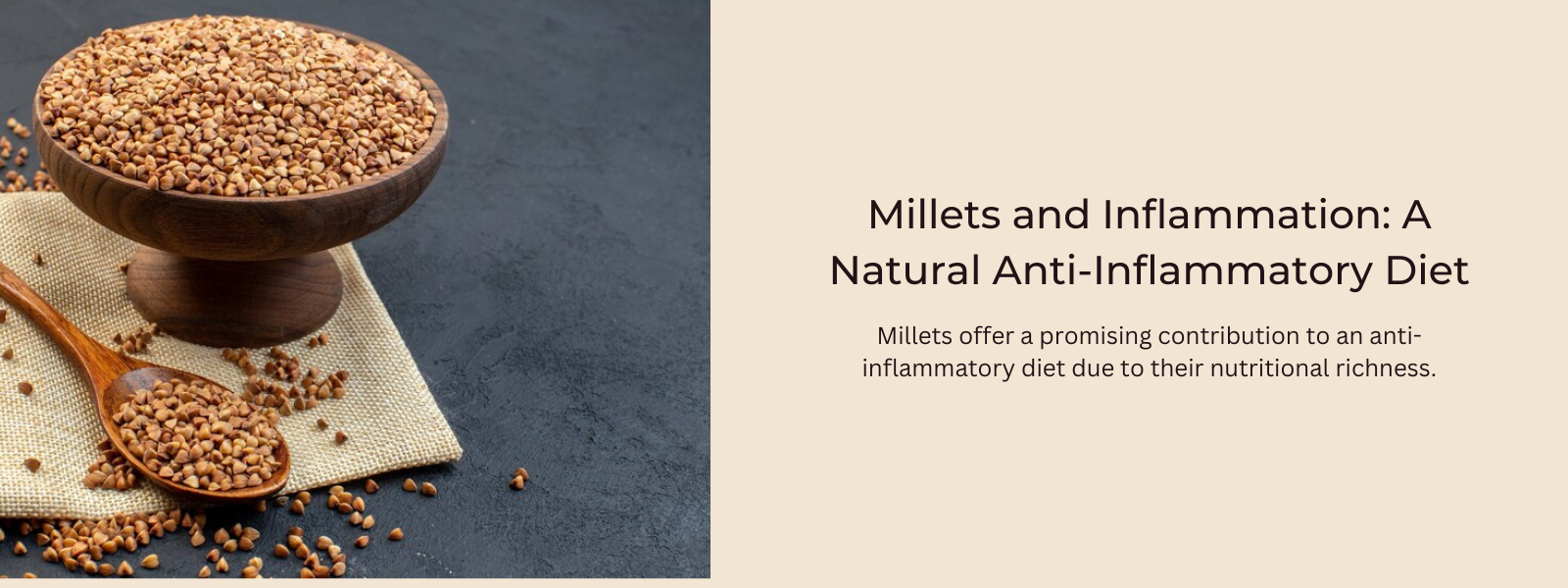
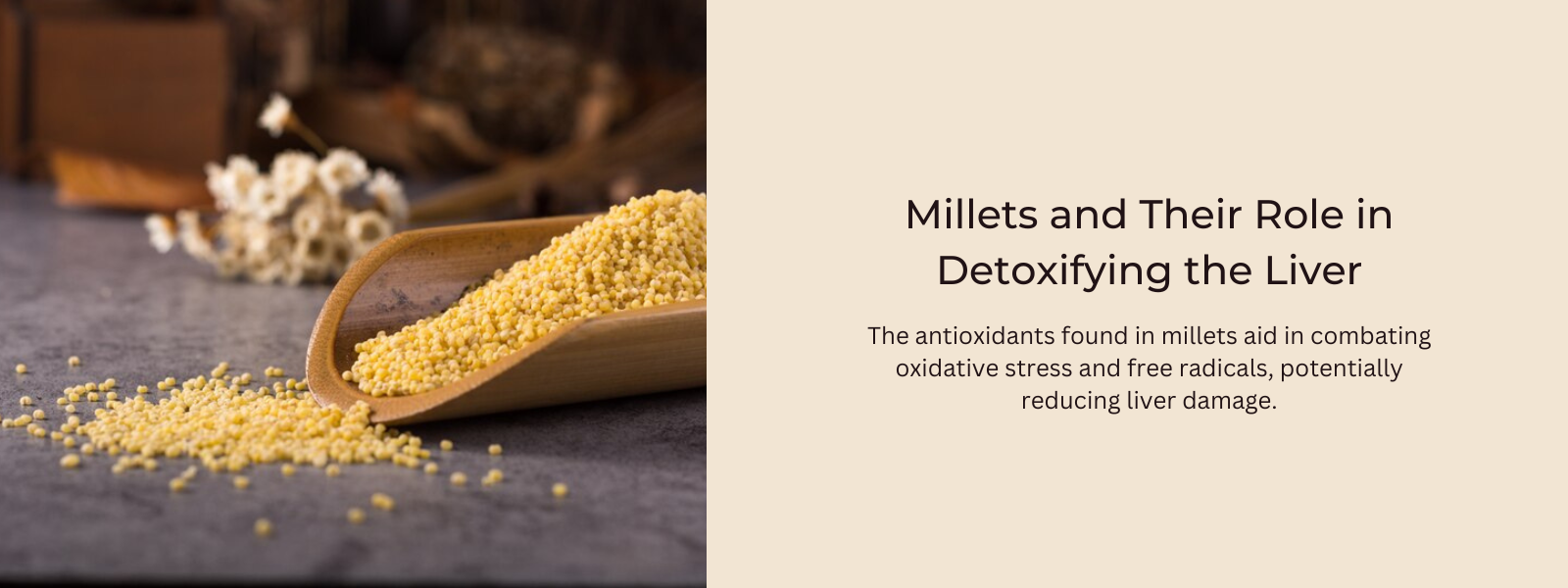
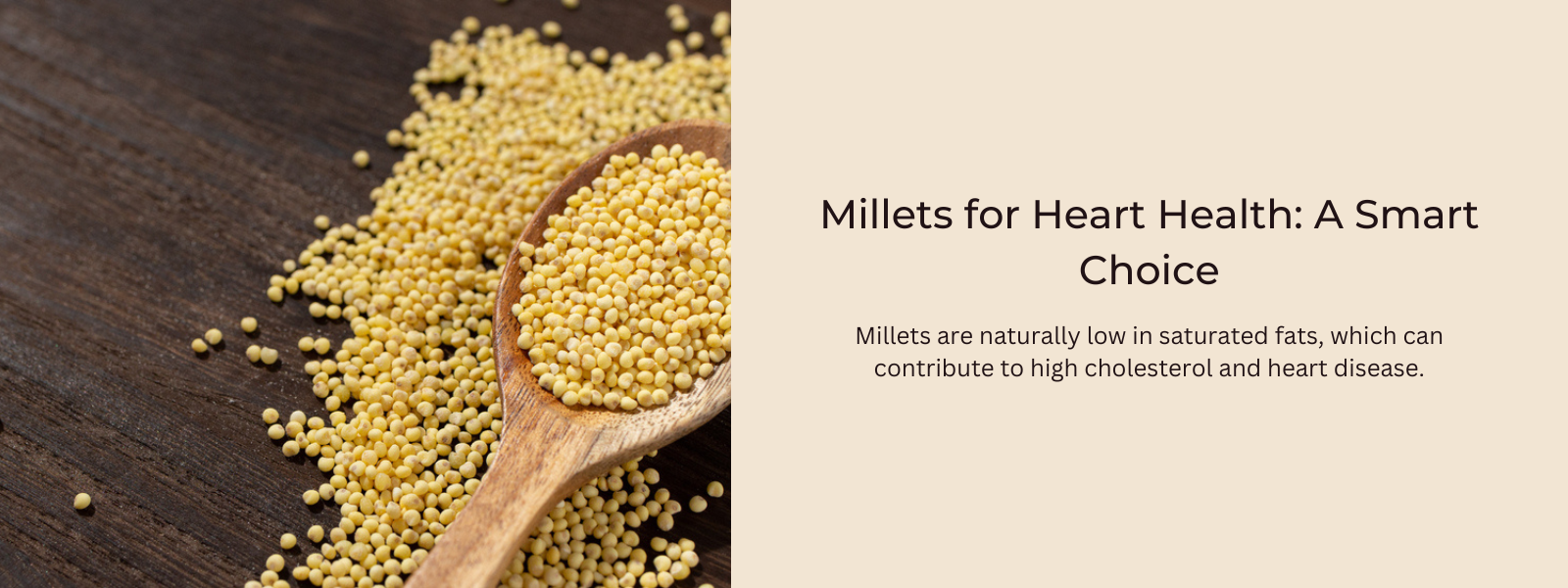
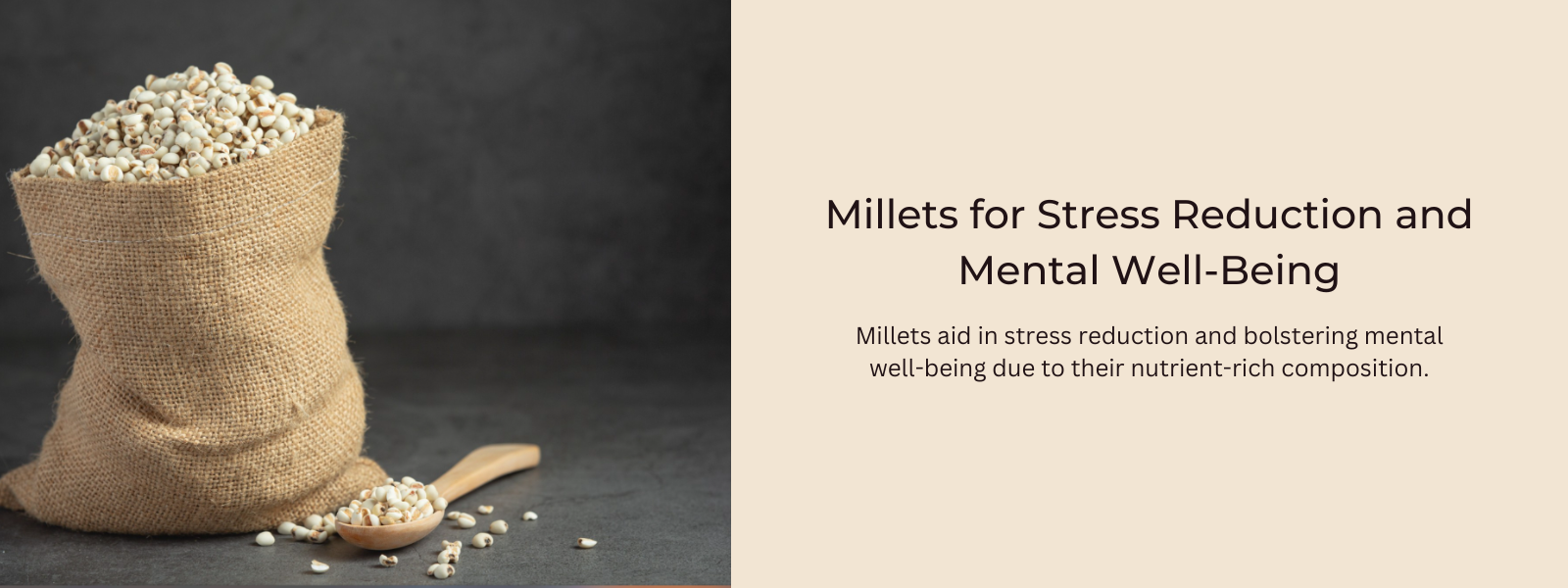
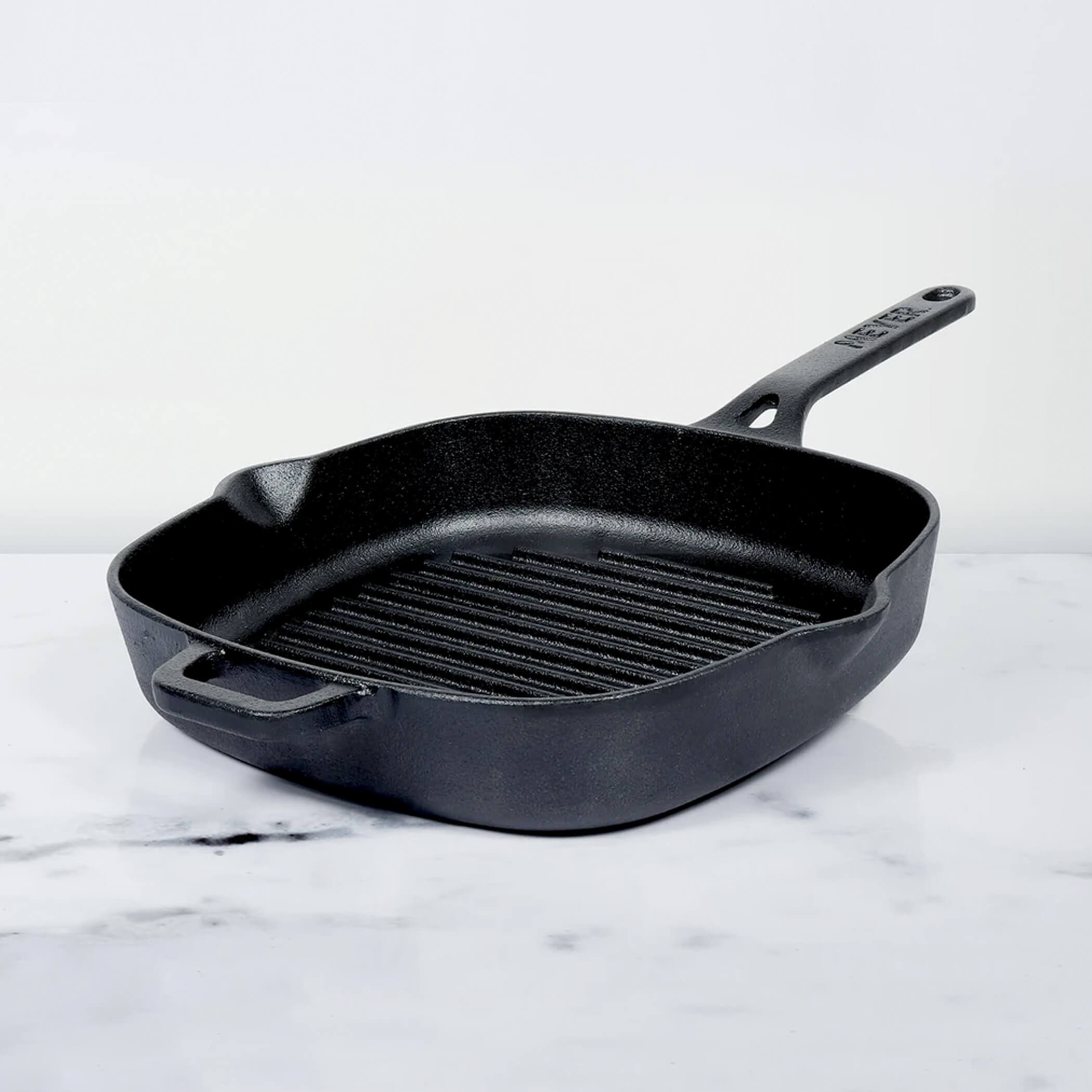
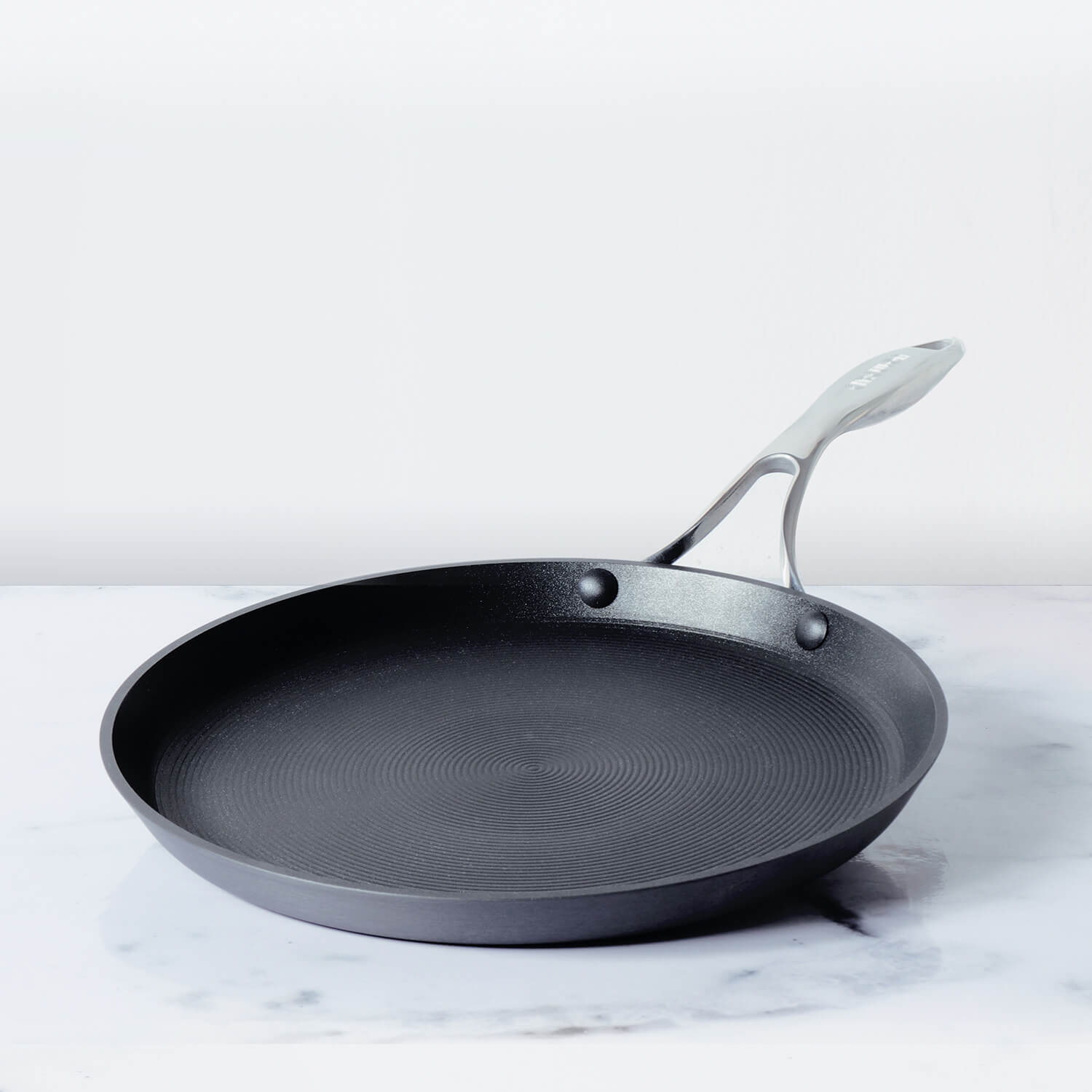




Leave a comment